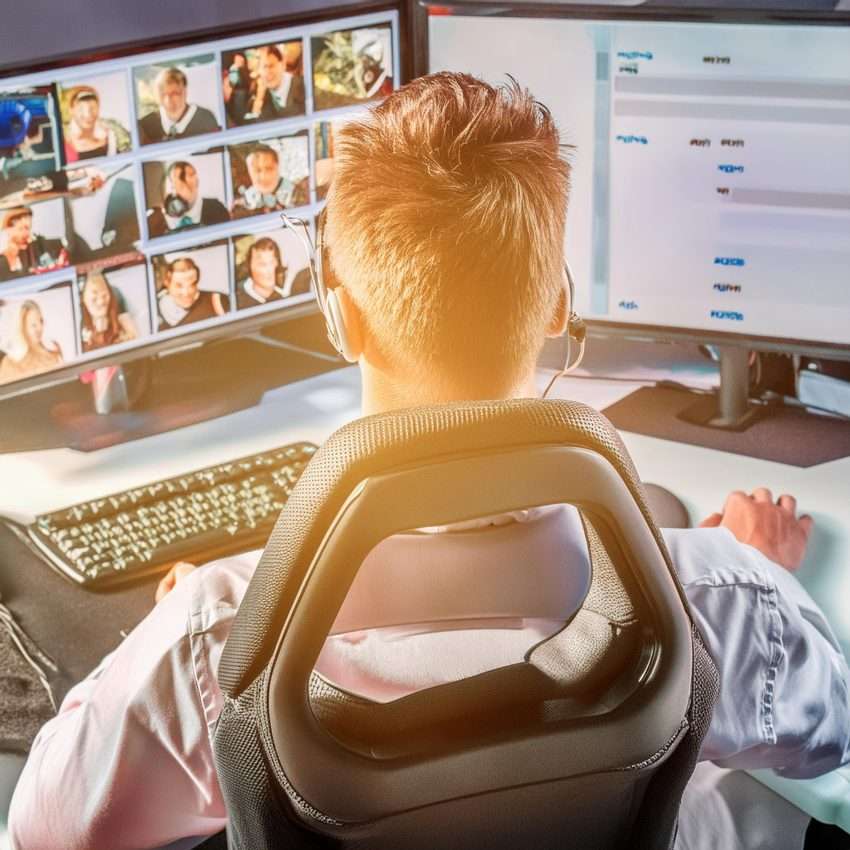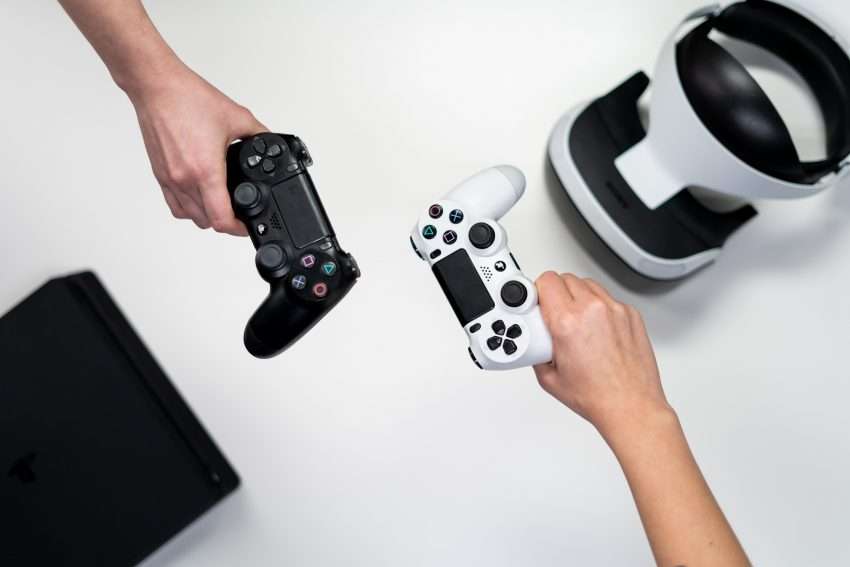The use of games to learn, with the so-called serious games, has experienced a significant growth in many sectors. For example, video games are more effective than elearning in corporate training. Recently, their application in the area of health has also been increasing. Do you want to know how?
Games to change the habits of patients
There are many factors that have an influence on this important development. In Harvard, there has been research done on the use of new technologies to improve the health system, and gamification has been one of the keys.
From the Global Hearth Informatics of the Medical School at Harvard University, Dr. Yuri Quintana commits to the use of games to learn, whose mission is “to change and motivate” the behavior of patients during medical treatments.
Harvard University and the University of Barcelona have jointly organized a course called Serious Games for Health. The goal is to assess the implementation of these new interactive technologies in the healthcare industry and raise awareness of the importance of training games for public health.
Games to motivate chronic patients
Indeed, using games to learn can be applied to something as important as changing the habits of chronic patients and their way of dealing with medical treatments, such as chemotherapy. What they intend with this initiative is to find the patient’s motivation throughout the game.
The challenge is in the strategy: users must face a difficult enough problem to encourage them, but not as impossible as to feel discouraged. Positive training is crucial: Dr. Quintana notes the importance of the patient not having “negative feelings”.
Harvard collaboration with the University of Barcelona has focused on childhood cancer. The application developed for this project explains to children the role of chemotherapy and the treatment process that they are undergoing. This way, they help them cope with their situation.
Games to create healthy habits
Using games to learn is also useful to promote healthy habits in the field of nutrition. The great goal of training simulators is to educate the population to improve the health of everyone, a challenging goal which finds in games the best possible ally.
Through the dynamism offered by gamified actions, players develop a series of actions that have to do not only with healthy eating, but also with beneficial challenges such as physical activity and, generally, a better quality of life.
Benefits of the use of videogames
Moreover, the application of videogames, whether or not specific to improve the health of users, is in itself beneficial. Players train their cognitive abilities, improve the ability to plan, reduce post-traumatic stress levels and improve spatial abilities, among other advantages.
These benefits, whether or not derived from the direct application of using games to learn, contribute to a better health of their users. This series of advantages highlights the potential of games and interactive media to learn something by doing it, rather than seeing it on a text or a simple board.





